By continuing to browse our site you agree to our use of cookies, revised Privacy Policy and Terms of Use. You can change your cookie settings through your browser.
I agree
Search Trends
CHOOSE YOUR LANGUAGE
- Albanian Shqip
- Arabic العربية
- Belarusian Беларуская
- Bengali বাংলা
- Bulgarian Български
- Cambodian ខ្មែរ
- Croatian Hrvatski
- Czech Český
- English English
- Esperanto Esperanto
- Filipino Filipino
- French Français
- German Deutsch
- Greek Ελληνικά
- Hausa Hausa
- Hebrew עברית
- Hungarian Magyar
- Hindi हिन्दी
- Indonesian Bahasa Indonesia
- Italian Italiano
- Japanese 日本語
- Korean 한국어
- Lao ລາວ
- Malay Bahasa Melayu
- Mongolian Монгол
- Myanmar မြန်မာဘာသာ
- Nepali नेपाली
- Persian فارسی
- Polish Polski
- Portuguese Português
- Pashto پښتو
- Romanian Română
- Russian Русский
- Serbian Српски
- Sinhalese සිංහල
- Spanish Español
- Swahili Kiswahili
- Tamil தமிழ்
- Thai ไทย
- Turkish Türkçe
- Ukrainian Українська
- Urdu اردو
- Vietnamese Tiếng Việt
Copyright © 2024 CGTN.
京ICP备20000184号
CHOOSE YOUR LANGUAGE
- Albanian Shqip
- Arabic العربية
- Belarusian Беларуская
- Bengali বাংলা
- Bulgarian Български
- Cambodian ខ្មែរ
- Croatian Hrvatski
- Czech Český
- English English
- Esperanto Esperanto
- Filipino Filipino
- French Français
- German Deutsch
- Greek Ελληνικά
- Hausa Hausa
- Hebrew עברית
- Hungarian Magyar
- Hindi हिन्दी
- Indonesian Bahasa Indonesia
- Italian Italiano
- Japanese 日本語
- Korean 한국어
- Lao ລາວ
- Malay Bahasa Melayu
- Mongolian Монгол
- Myanmar မြန်မာဘာသာ
- Nepali नेपाली
- Persian فارسی
- Polish Polski
- Portuguese Português
- Pashto پښتو
- Romanian Română
- Russian Русский
- Serbian Српски
- Sinhalese සිංහල
- Spanish Español
- Swahili Kiswahili
- Tamil தமிழ்
- Thai ไทย
- Turkish Türkçe
- Ukrainian Українська
- Urdu اردو
- Vietnamese Tiếng Việt
Copyright © 2024 CGTN.
京ICP备20000184号
互联网新闻信息许可证10120180008
Disinformation report hotline: 010-85061466










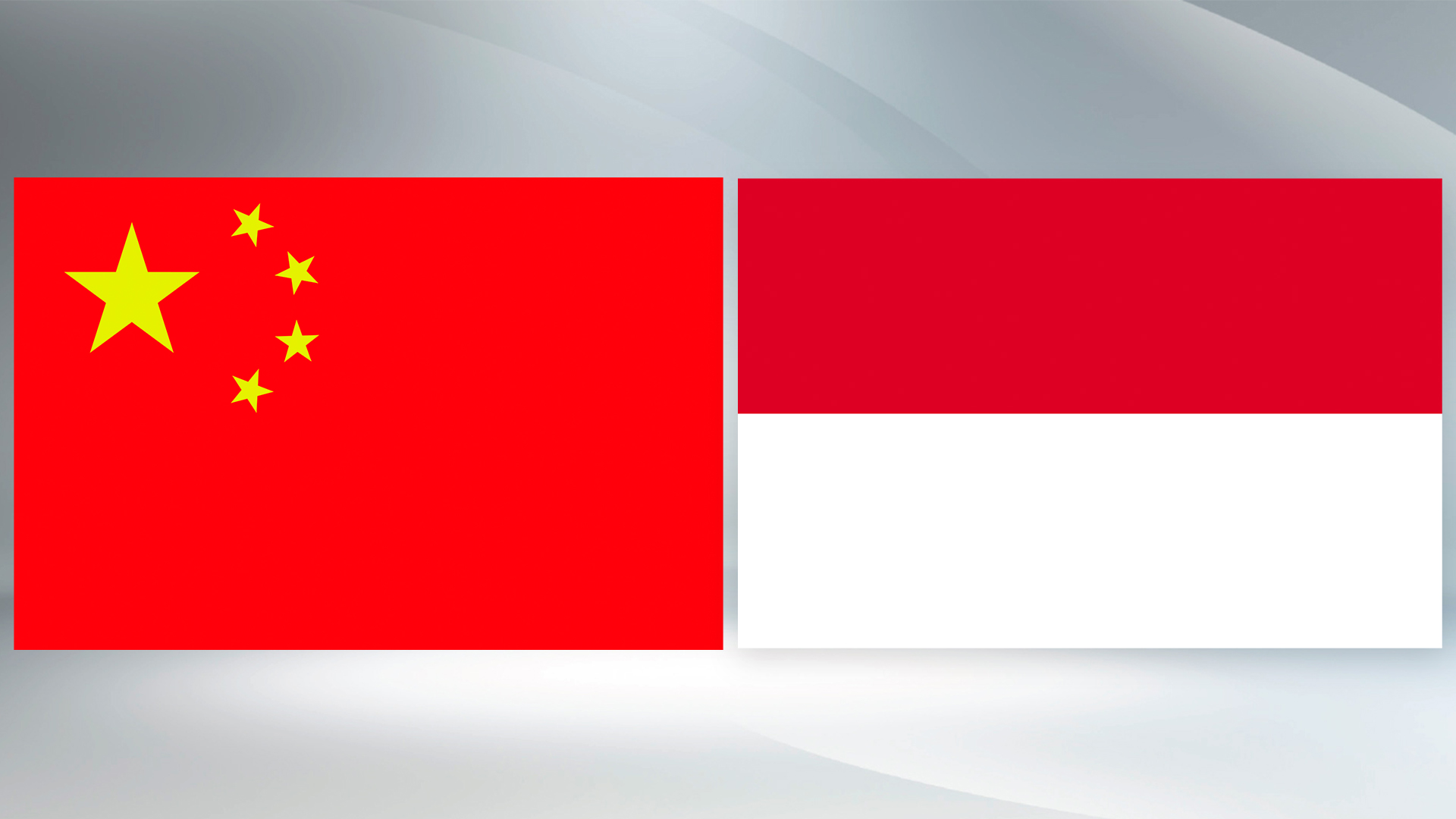
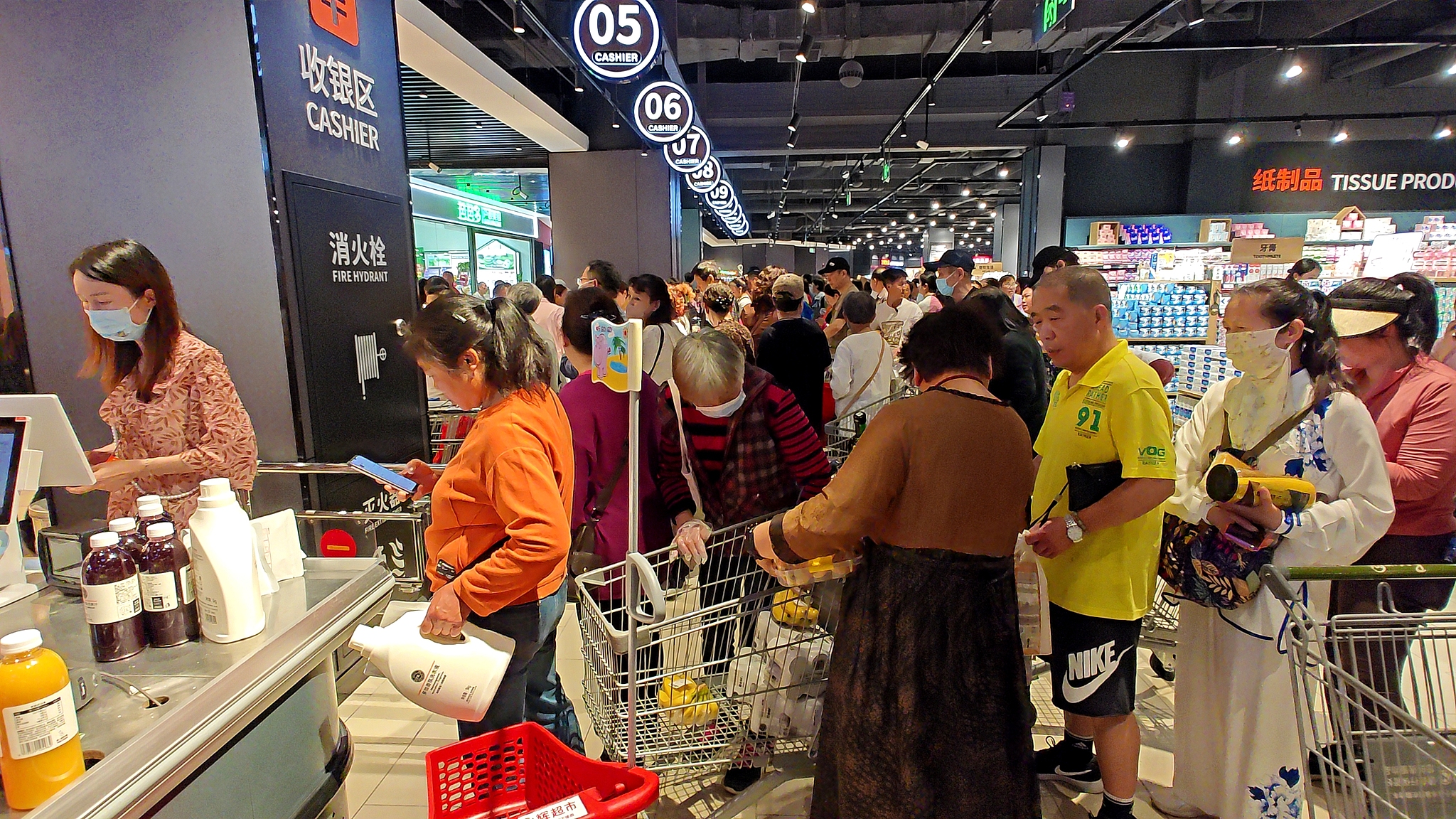
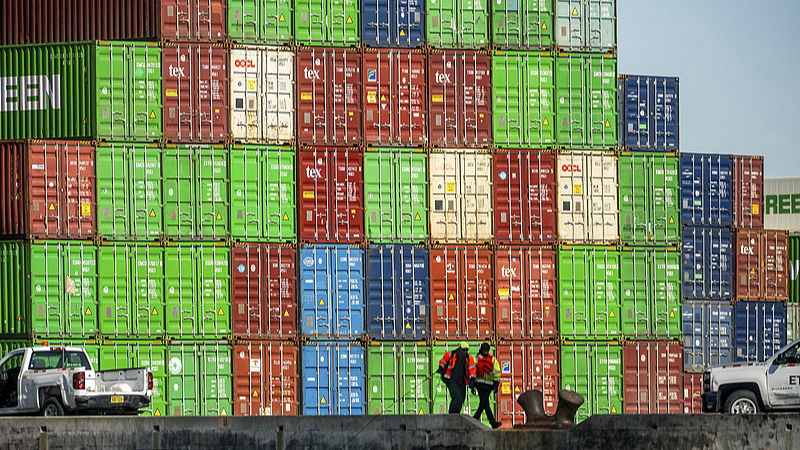
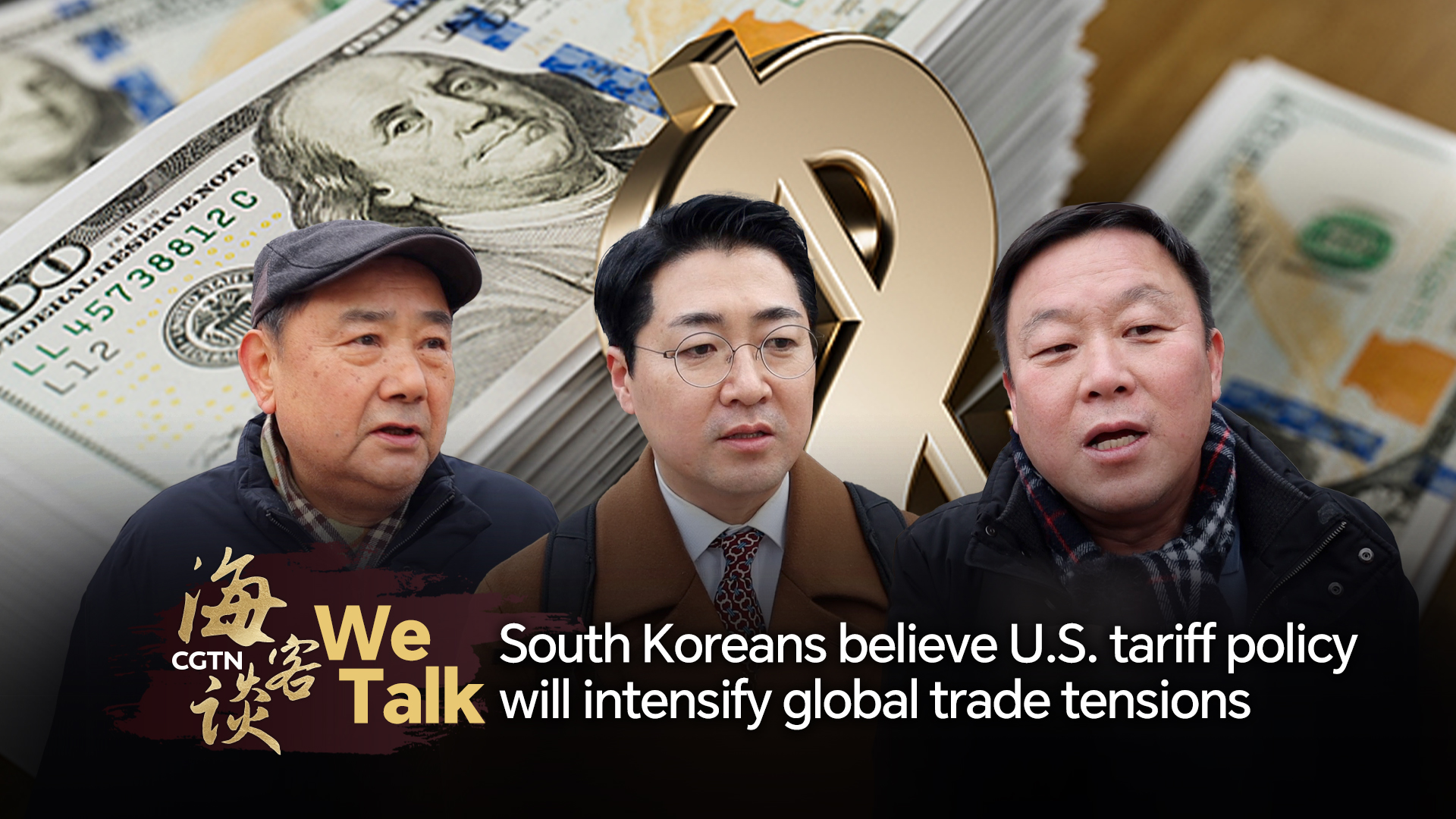
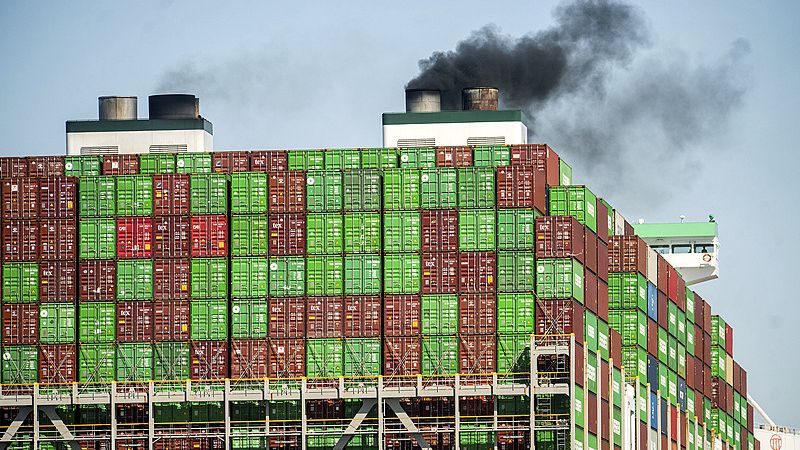
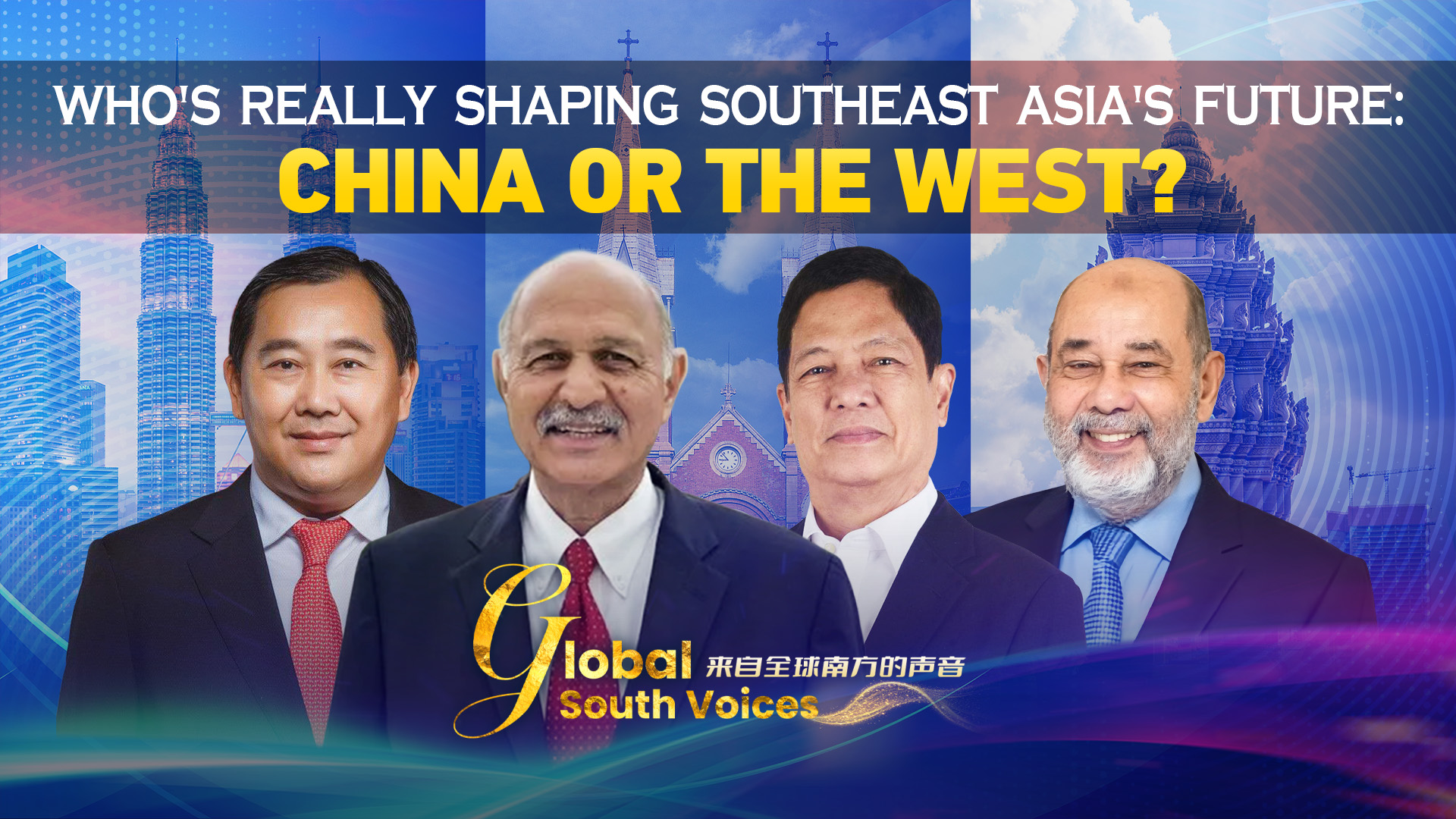
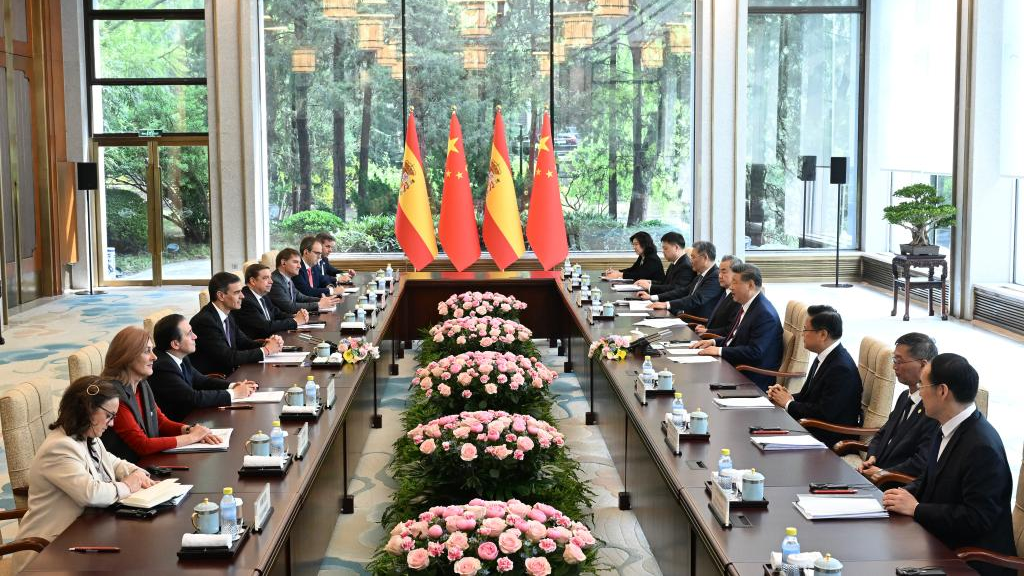
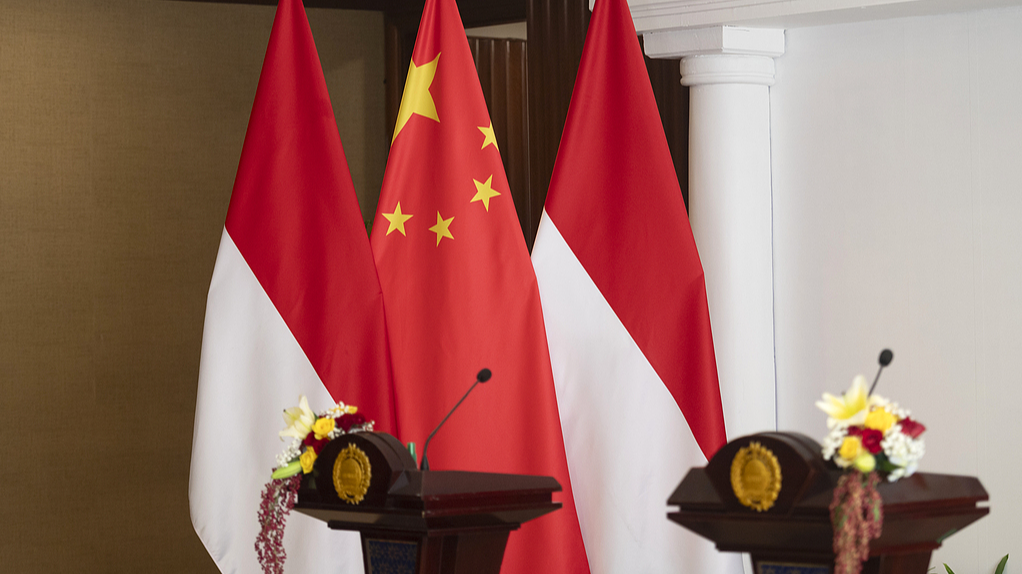
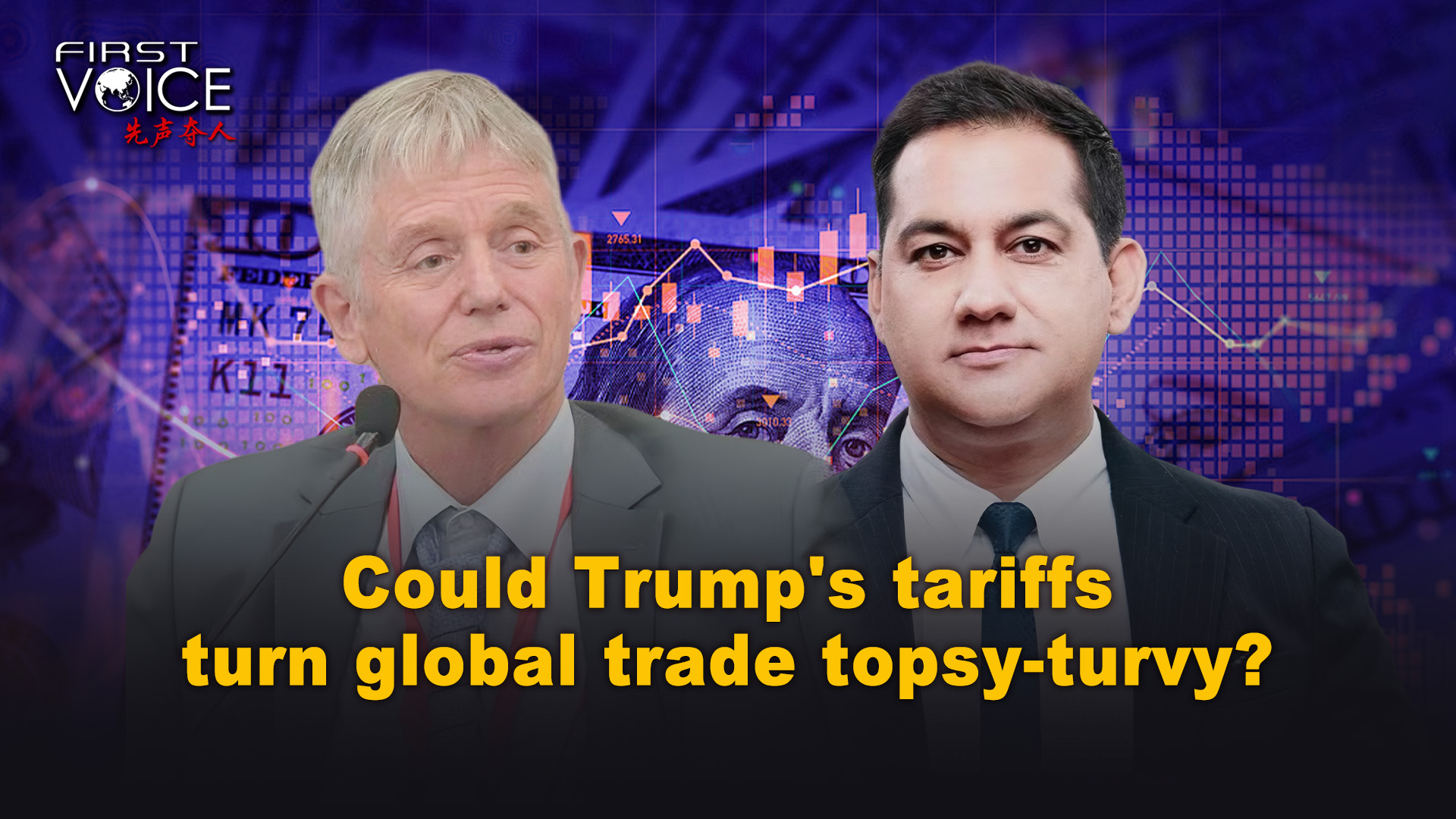

The Port of New Orleans in Louisiana, the United States, October 1, 2024. /Xinhua
Editor's note: Imran Khalid, a special commentator on current affairs for CGTN, is a freelance columnist on international affairs. The article reflects the author's opinions and not necessarily the views of CGTN.
In a moment thick with political theater and economic peril, U.S. President Donald Trump chose April 2 to declare what he triumphantly called tariff "Liberation Day." The move, which imposed sweeping "reciprocal tariffs" on imports from countries around the world, was marketed as a bold reclamation of American manufacturing independence.
In reality, it has opened a Pandora's box of retaliatory measures from a growing list of global economic actors unwilling to play by Washington's increasingly erratic rules. Within 48 hours, China struck back with precision and purpose – announcing a 34-percent tariff on all American imports effective April 10.
China's response was calibrated, multilateral and rooted in strategic depth. Beijing not only matched Trump's tariffs but also filed a formal complaint with the World Trade Organization – citing the U.S. for undermining global economic stability.
It also ramped up export restrictions on critical raw materials like rare earth elements, which are essential to American tech and defense industries. In parallel, it suspended imports from U.S. poultry and agricultural sectors, effectively targeting the red-state economies from where Trump draws much of his political capital.
And Beijing didn't act alone. Canada and Brazil have taken retaliatory measures and the EU says it is preparing countermeasures in a striking demonstration of how far American trade policy has isolated itself from its erstwhile allies. What was framed by Trump as an act of sovereign economic renewal has instead catalyzed a global backlash that threatens to destabilize the post-war rules-based trade order.
And the fallout has not been confined to diplomatic corridors or trade ministries. The global financial markets have issued their own swift and stinging verdict. On Wall Street, the Dow Jones Industrial Average shed over 1,600 points within 24 hours of the announcement – the worst single-day drop since the banking tremors of early 2023. Tech-heavy Nasdaq tumbled nearly 5 percent, with companies like Apple, Tesla and Qualcomm – deeply reliant on Chinese supply chains and consumers – leading the nosedive. American agriculture stocks, particularly in the Midwest, plummeted as Chinese importers abruptly canceled bulk orders of soybeans and corn.
Global markets mirrored this panic. Germany's DAX and Japan's Nikkei both closed sharply lower, while emerging market currencies slid amid fears of prolonged supply disruptions and global recessionary pressures. Investors, it seems, are no longer convinced that the Trump administration's brand of economic nationalism is compatible with market stability. The ripple effects underscore a simple truth: We are living in an interdependent world where tariffs imposed by Washington reverberate through trading floors in Frankfurt, Shanghai and Sao Paulo.
An aerial view of a Cosco Shipping container ship, China's largest shipping line, loaded with shipping containers in the Port of Long Beach, California, April 3, 2025. /CFP
This is not 2018. The geopolitical chessboard has shifted dramatically since the U.S.'s first trade war. China is no longer the emerging challenger; it is now a fully integrated superpower with unparalleled supply chain influence and deep financial reserves. The China-proposed Belt and Road Initiative continues to expand with more partners and China's digital yuan experiments hint at an alternative currency system potentially less susceptible to American sanctions. Simply put, China is far more prepared today than it was six years ago – and unlike Washington, it is playing the long game.
Meanwhile, the United States looks increasingly encumbered by its own contradictions. Inflation remains stubborn, the federal debt has crossed $36 trillion, and Congress remains gridlocked. Against that backdrop, launching a trade war with multiple global partners at once is less an act of strength than one of economic self-sabotage.
The American consumer – already facing high prices – is about to face further cost increases. Farmers, manufacturers and exporters will suffer from the loss of key markets. The ideological impulse to appear "tough on China" may briefly energize Trump's political base, but its costs will be borne by working Americans and an already fatigued global system.
If the Trump administration believes that America's sheer size and market appeal will force the world to capitulate, it is gravely mistaken. What this episode has revealed is just how willing the rest of the world is to reimagine the global trade system – without Washington at its center.
China is stepping into that vacuum with quiet confidence, offering new trade mechanisms, alternative supply chains and a diplomatic posture that, ironically, seems more stable than the one emanating from Washington.
There was a time when the United States led by building coalitions, negotiating from strength and reinforcing the institutions it helped found. Today, under its revived mercantilism, America appears to be trading influence for isolation. The irony is hard to miss: In trying to contain China, Washington has merely accelerated Beijing's ascent as the de facto custodian of globalization.
The so-called Liberation Day might go down in history not as the moment America regained control of its economic destiny, but as the day it ceded global trade leadership to its most formidable competitor. China, armed with resilience, resources and a rapidly expanding network of willing partners, looks increasingly ready for a prolonged trade conflict.
(If you want to contribute and have specific expertise, please contact us at opinions@cgtn.com. Follow @thouse_opinions on X, formerly Twitter, to discover the latest commentaries in the CGTN Opinion Section.)